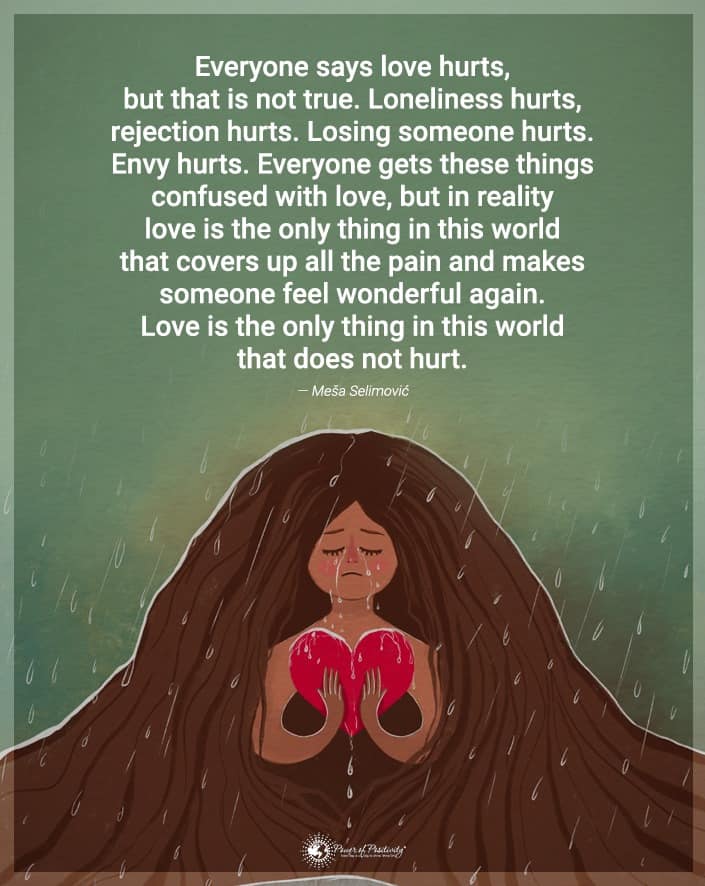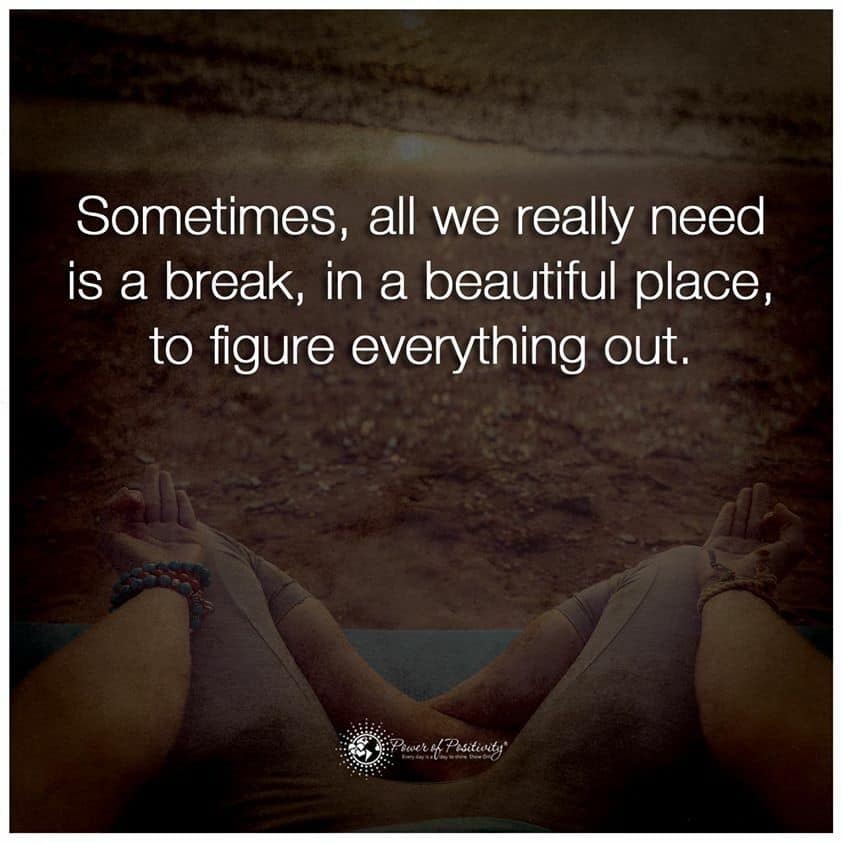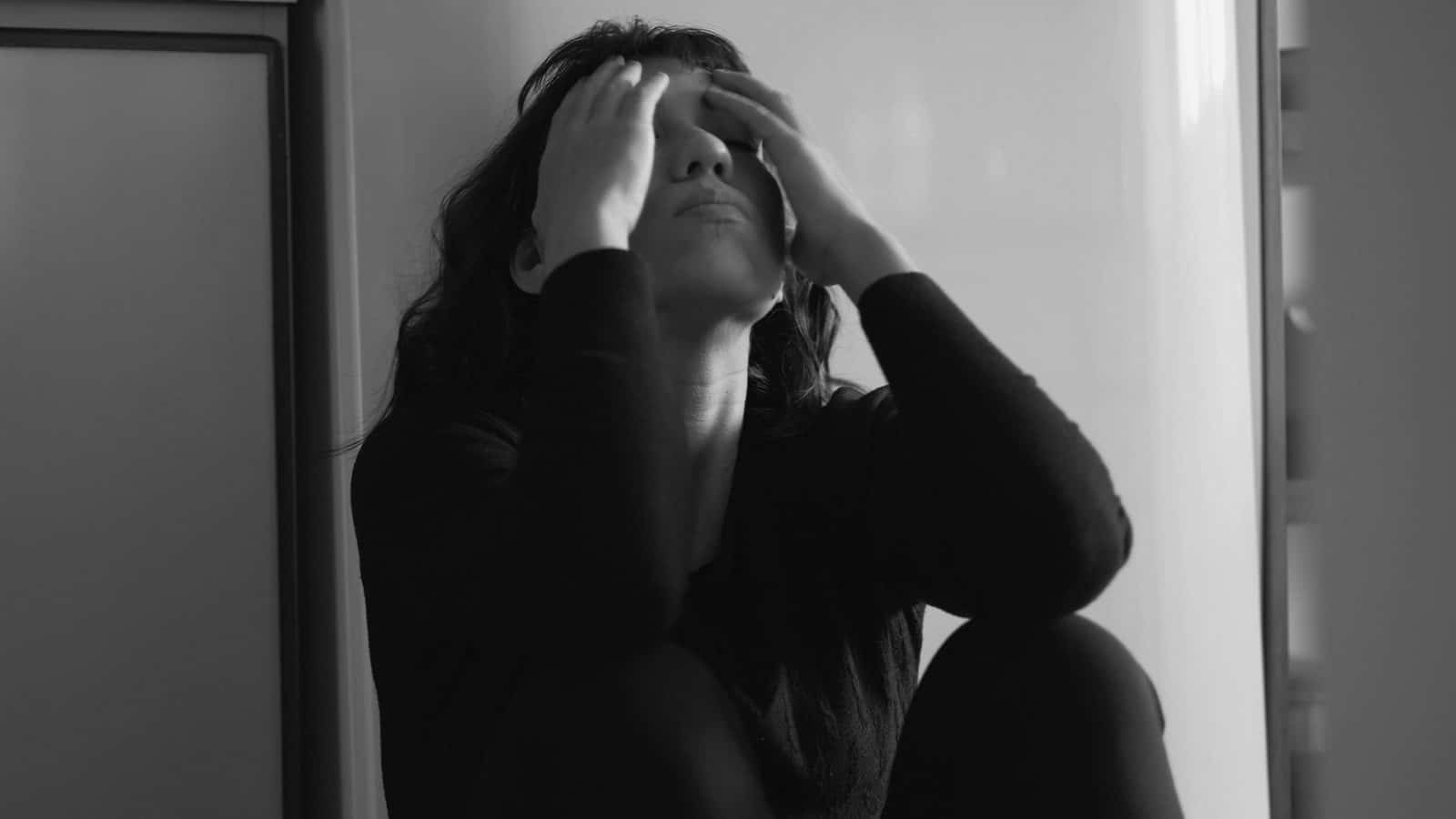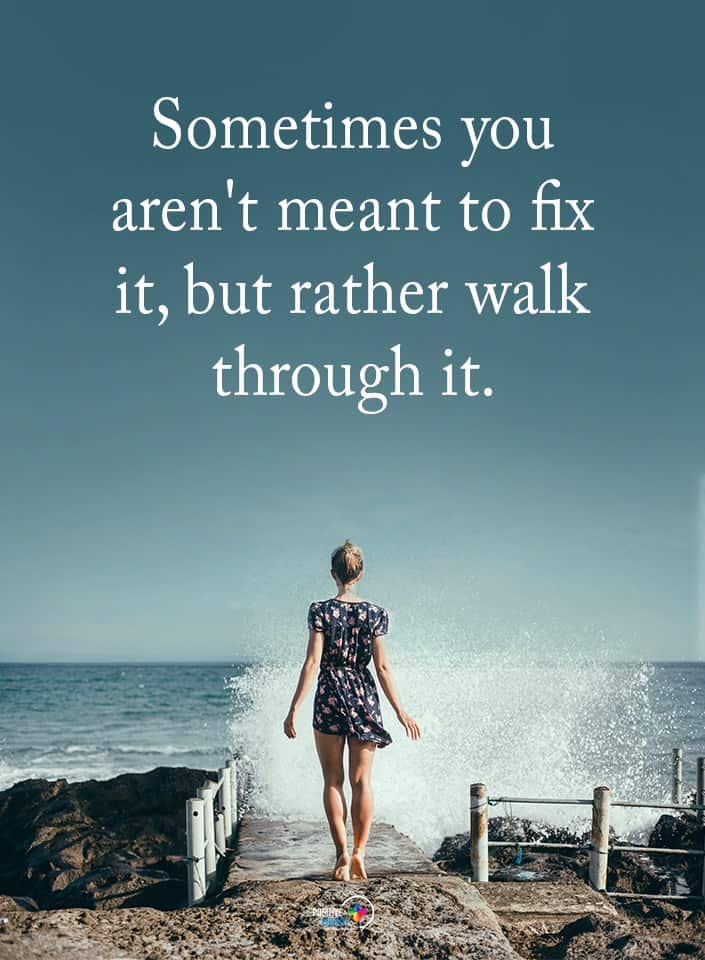Most humans have an inherent fear of rejection because of our biological instinct to belong to a group. In the not-so-distant past, being condemned or banished from our tribe could’ve been a death sentence. Since then, our brains haven’t changed much because we still are hardwired to seek acceptance, love, and comfort from others. When people don’t receive us well or criticize us in some manner, we instantly feel threatened due to these innate survival instincts.
While some people deal with criticism and rejection better than others, it’s still difficult for the heart to handle. Some people are naturally more sensitive and may take weeks to overcome ostracism. Others may seem calm and collected, not allowing others to get under their skin as much. Either way, no one likes to feel left out, even introverts or social outcasts. Deep down, these types of people may long for connection but avoid it because of traumatic past experiences.
The fear of rejection is deeply rooted in various psychological and social factors influencing human behavior and thought processes. Below, we’ll discuss some key reasons people feel threatened and hurt when others don’t accept them.
The Significance of Fear of Rejection
Being rejected greatly influences social dynamics in both professional and personal life. If someone experiences abandonment or exclusion frequently, they may close themselves off from others. It can also hurt their workplace reputation and make them less likely to be promoted or included in group projects.
Rejection can negatively impact one’s psychological health and lower their self-esteem. Their emotional well-being will inevitably suffer if they feel lonely and isolated from others.
In addition, they may make poor decisions in personal relationships if they become desperate for connection.
Ten Things That Cause a Fear of Rejection

1: Survival Instinct
As we explained earlier, the fear of rejection stems from our evolutionary survival instinct and the need for group belonging. If we didn’t cooperate with the tribe, we would’ve had to fend for ourselves. In the wild, being left behind and having no one to help you survive would be terrifying. You’d be vulnerable to countless predators, risk of injury, and many other threats. Finally, social rejection would also impact your mental health, making you anxious about your standing within the tribe.
2: Fear of Being Alone
At our core, we deeply fear loneliness and isolation, which also relates to our survival instincts. Humans have a psychological and physical need to belong to a group, which remains true even in modern times. However, social connections today have a different meaning than in the past. Instead of relying on others for hunting food and building shelter, we need people for employment and financial stability. We still need deep connections with others in our personal life, not as much for survival, but for psychological well-being.
3: Low Self-Esteem and the Fear of Rejection
Low self-esteem can also trigger a fear of rejection since it causes an oversensitivity to people’s opinions of you. A lack of self-confidence means you’ll seek validation from others rather than yourself, making you more vulnerable to being excluded. However, having self-worth and compassion can protect you from unpleasant social experiences since you will already feel complete.
4: Negative Past Experiences
Our brains record every experience we endure, whether positive or negative. Therefore, painful past experiences may leave us with emotional trauma that amplifies the fear of rejection. If we have an intense aversion or anxiety about receiving negative feedback, we might isolate ourselves from people altogether, if possible.
5: Perfectionism
Perfectionism and a fear of failure can also intensify the overwhelming dread of rejection. At the root, this is caused by a fear of disappointing people and usually stems from childhood trauma or having a sensitive personality. While it’s noble to care about others’ feelings, it becomes a hindrance if you sacrifice your well-being to please people. However, those with high expectations for themselves often have a hard time letting go of these detrimental behaviors.

6: Lack of Coping Skills and the Fear of Rejection
Not having the emotional coping skills to handle rejection can make the experience ten times worse. If someone lacks resilience or emotional management techniques, they will have difficulty dealing with criticism. This may occur due to being inexperienced in certain situations or simply caring too much about what others think.
7: Fear of Criticism
As mentioned earlier, an intense fear of criticism can contribute to a heightened trepidation of rejection. This ties back to our primal roots since negative feedback or judgment could’ve meant the difference between life and death. Therefore, most people have an aversion to being ridiculed or critiqued and may become defensive if they feel threatened.
8: Dependence on External Validation
In addition, being overly dependent on external validation or approval can cause a fear of being excluded. While it’s natural to desire connection and belonging, it becomes problematic when your self-esteem and image hinge on others’ opinions. Getting approval from yourself and knowing your worth is the remedy for this primal fear.
9: Anxiety and Mental Health Issues and the Fear of Rejection
Many people today suffer from anxiety and poor mental health due to numerous environmental, psychological, and genetic factors. Unfortunately, being mentally unwell can exacerbate the fear of rejection because you’re already emotionally drained from trying to survive. Therefore, any additional stress will seem amplified and create a vicious cycle of suffering if left untreated. Always prioritize your self-care, and remember you’re doing your best. If you can treat yourself compassionately, you’ll be in a much better place to handle outside stressors.
10: Societal and Cultural Factors
For whatever reason, we’ve developed an entire culture centered on success and productivity. This bodes well for naturally ambitious and goal-oriented people but less for the sensitive, creative types. Therefore, these societal norms and intense social pressure to compete and succeed can harm one’s mental health. Modern cultural expectations can make some feel isolated and lonely when success seems more important than humanitarian values.
Final Thoughts on How to Cope With the Fear of Rejection
People fear exclusion for myriad reasons, such as societal factors, anxiety, fear of criticism, dependence on validation, and poor coping skills. Others may have a heightened survival instinct, low self-esteem, or negative past experiences that exacerbate feelings of isolation. Fear of being alone and perfectionism can also trigger these emotions.
Understanding the fear of rejection and the issue’s complexity can make people more compassionate toward others. Since there are concrete psychological reasons behind fear of rejection, seeking help is essential if it’s hindering your quality of life. Remember that you’re not alone in how you feel and that it’s a perfectly natural response. Acceptance and self-love are the first steps to overcoming and processing painful feelings.



















